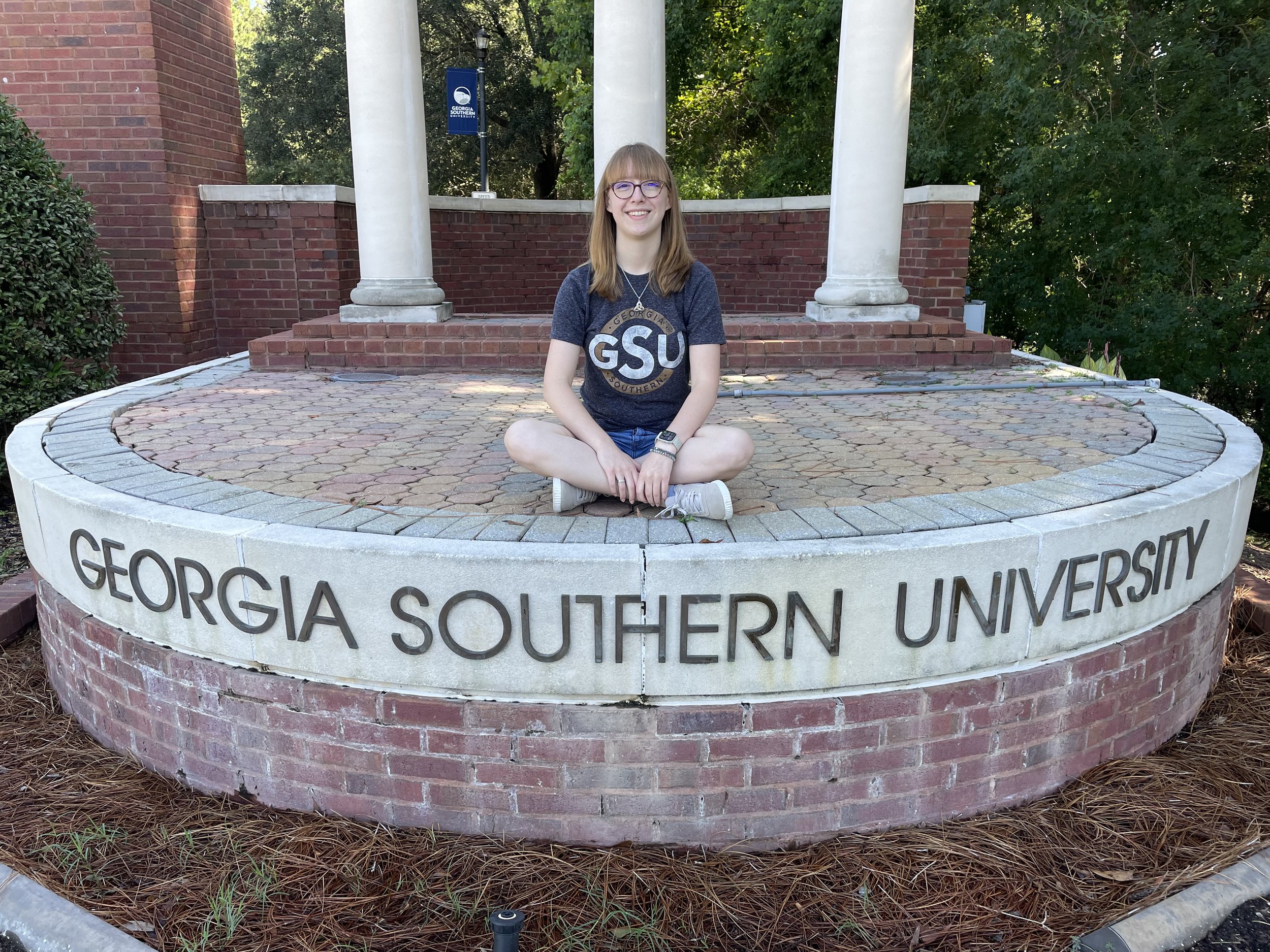By Gabriella Young
Coming into Georgia Southern University I truly thought politics was where life was taking me. I was a political science major and considered being on track for law or ending up in office in a local setting. With the political climate that was the year 2020 and a lot of introspection, I had a feeling it was not for me anymore. After a few personality quizzes and talking to my counselor, I decided on public relations (PR). Looking back, I don't even think I fully understood what PR was, but knew what my strengths were and how to get some aspect of politics without having to choose a side. I drifted through classes and kept everything very face value. I had no idea what I was doing or going to do post-grad. It was not until my second semester sophomore year that I finally decided I needed to get plugged in. I would always see flyers for Public Relations Student Society of America (PRSSA), Your News Room, and other clubs and felt I just did not have the time. I went to a few PRSSA meetings as a non dues paying member (which is so beneficial, you should definitely do this if you cannot fully commit). This was when I realized there is a whole community of students and professors who truly care for each other and want to push everyone to their own successes. This is why I want to tell you all of the resources available to you so you can make the most out of your major.
Library tech available for check out : Use this for personal or school work. Cameras for photography or video cameras for a project in class.
Student Organizations : Join a club or two. These are the connections and support you need to go forward. This is how you can also get experience. Some PR/communications related clubs are PRSSA, PRestige, radio show(WVGS), or Society of Professional Journalists.
Advisory board and Professors / Admin : All of these people are here to help! Reach out to an advisory board member through LinkedIn for an informational meeting. Ask your professors about projects outside of class you may be able to help with.
Networking events/ workshops : These events bring the help to you! Going to these events can introduce you to a mentor, launch your next job, or help you find your avenue in PR.
Your path may feel out of your control and you may find yourself questioning everything, but fully leaning into your major can help tremendously. Getting help from the people around you or ahead of you may help you with important decisions. Relying on your network may help when school just feels like too much. You never know who or what may be able to help you and how.





















